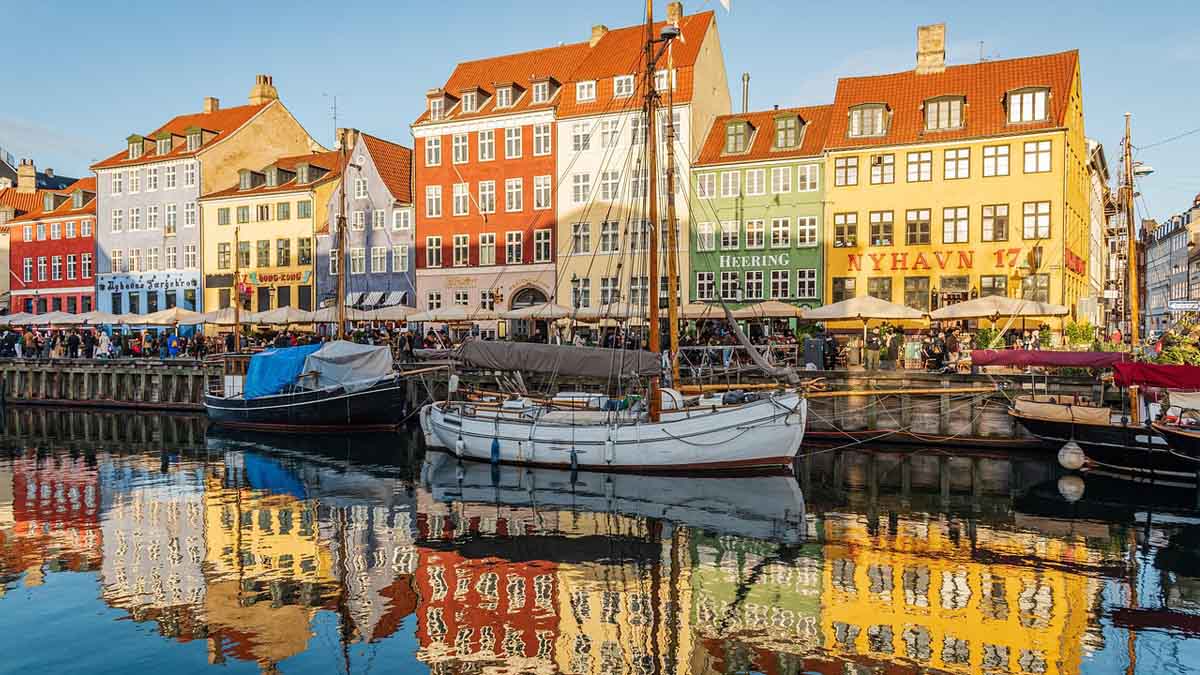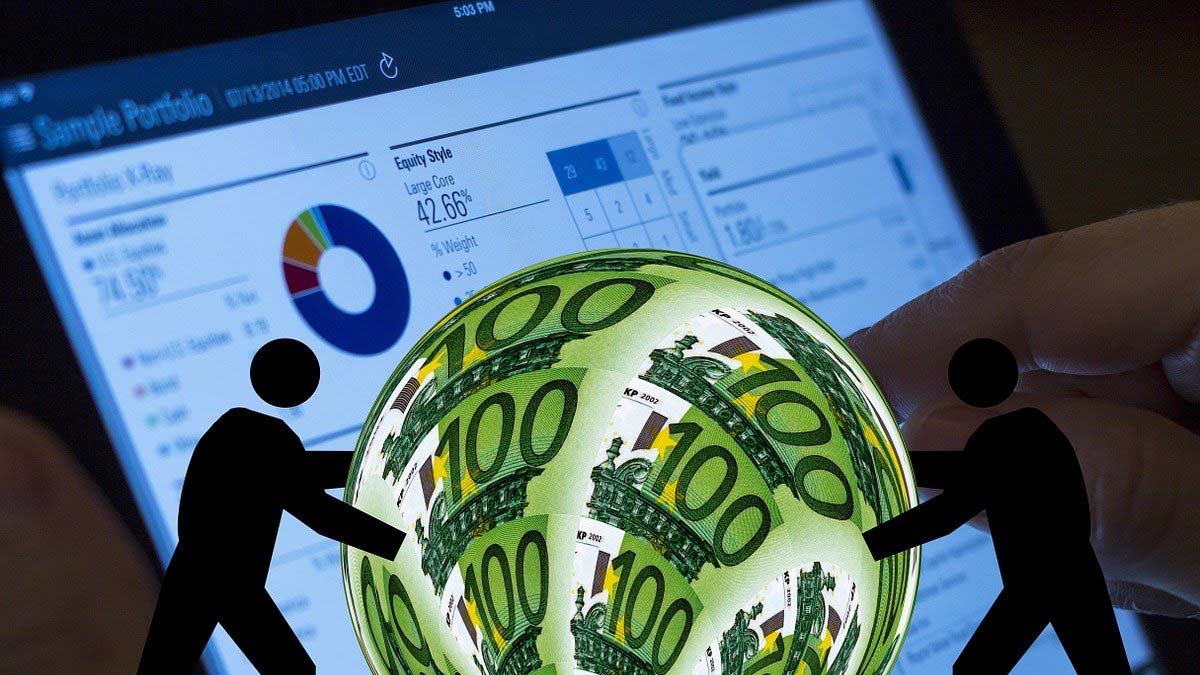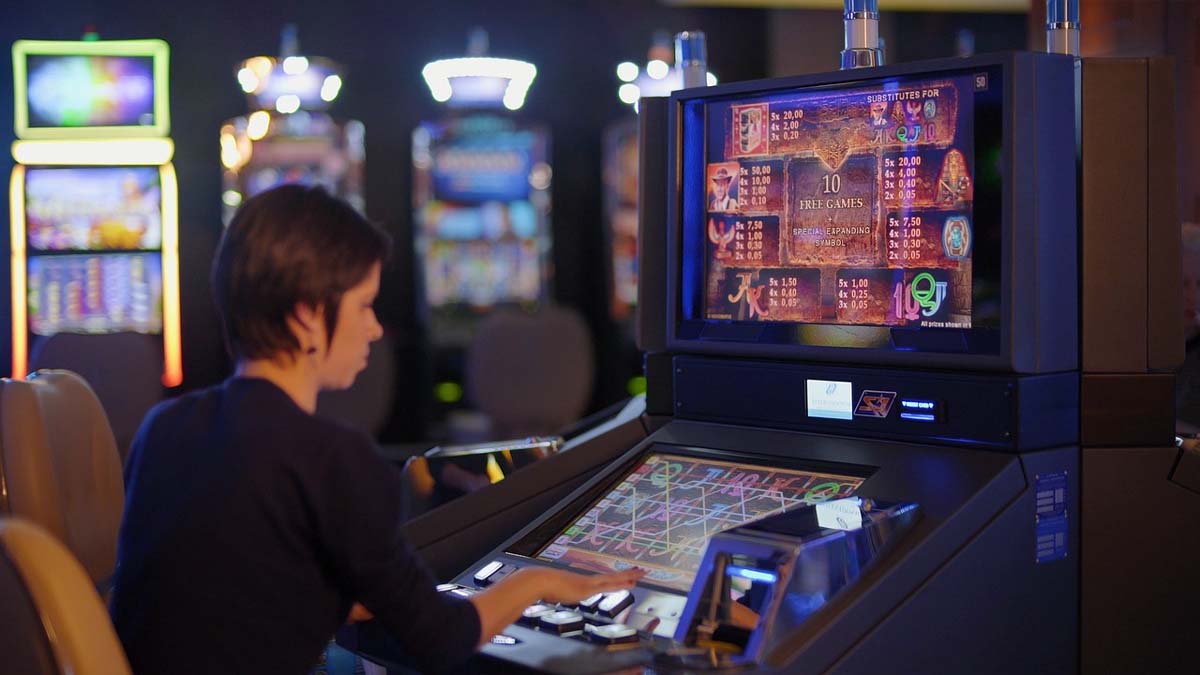Denmark Reveals Rising Online Casino Usage
Denmark’s gambling regulator Spillemyndigheden has revealed its latest figures for the country’s industry, with growth seen in the month of July.
The gambling sector in Denmark saw revenue rise by 12.8% year-on-year to DKK634 million.
Standing at close to $100 million, the July data from Spillemyndigheden demonstrates that gambling continues to get more popular in Denmark.
Along with a significant increase on the July 2024 data that was reported, the new statistics from regulator Spillemyndigheden showed a rise of 8.4% on June’s revenues.
A full breakdown of the Danish gambling sector has also been provided by Spillemyndigheden.
Online Slots Lead Popularity
As is the case in most regulated markets around the world nowadays, online slots make up the majority of play at online casinos in Denmark at the present time.
The regulator’s data showed that the online casino sector took the most revenue in July 2025 at DKK349 million, a rise of more than a fifth (20.5%) compared to the same month last year.
Blackjack was in second place behind online slots – albeit a long way back with DKK22.2 million of revenue taken over the course of the month – then roulette was in third with DKK16.8 million.
Other revenue for online casinos in Denmark during the month of July 2025 was split across departments such as bingo, poker and other games.
Sports betting had been in decline in the months of May and June, but the data from July showed DKK159 million in revenue was recorded, up 6% on last year’s figures.
Land-based casinos have a relatively small share of the Danish gambling market as a whole but their revenue increased by 13.8% to DKK33 million year-on-year during July 2025.
July’s data shows a recovery for the gambling industry as a whole from June, with regulator Spillemyndigheden having shown spending dropped by 17% year-on-year to DKK585 million.

Many people in Copenhagen enjoy using online casino sites (Photo: Pixabay)
Self-Exclusion Rates Increasing
Spillemyndigheden has also provided an update on the number of people in Denmark who have signed up to the country’s self-exclusion scheme to prevent them from being able to gamble.
By the end of August, the regulator said that a total of 62,577 people in Denmark had signed up.
This means that when compared to the last update from the regulator, around 170 more players opted to take the step of self-exclusion during the course of the month.
Of those people who have registered with ROFUS so far, close to two-thirds (65.%) of them have chosen the measure of taking a permanent exclusion from gambling.
Men account for the majority (78.2%) of all sign-ups to the ROFUS self-exclusion scheme.
Future Of Gambling Advertising Discussed
As is the case for many European nations right now, the gambling sector in Denmark is currently in something of a state of flux.
Media watchdog data has revealed that during the course of 2024, there were 767,000 gambling adverts aired across Danish TV channels and radio stations.
This is around five times higher than when the market was liberalised more than a decade ago. It means that there are an average of 2,100 gambling adverts aired on Danish media each day.
Tax minister Rasmus Stoklund has opened up negotiations with the Folketinget over proposed reforms to gambling advertising, which he says have become too “aggressive”.
Betting and gambling advertisements are becoming particularly common during sports broadcasts, for instance during football matches, with critics arguing this is normalising the industry in the eyes of younger viewers.
Gambling advertising is a hot topic across the continent, with Denmark potentially among the countries set to introduce fresh restrictions on how the sector can promote itself.
Source: https://www.spillemyndigheden.dk/statistik/statistik-det-danske-spilmarked





